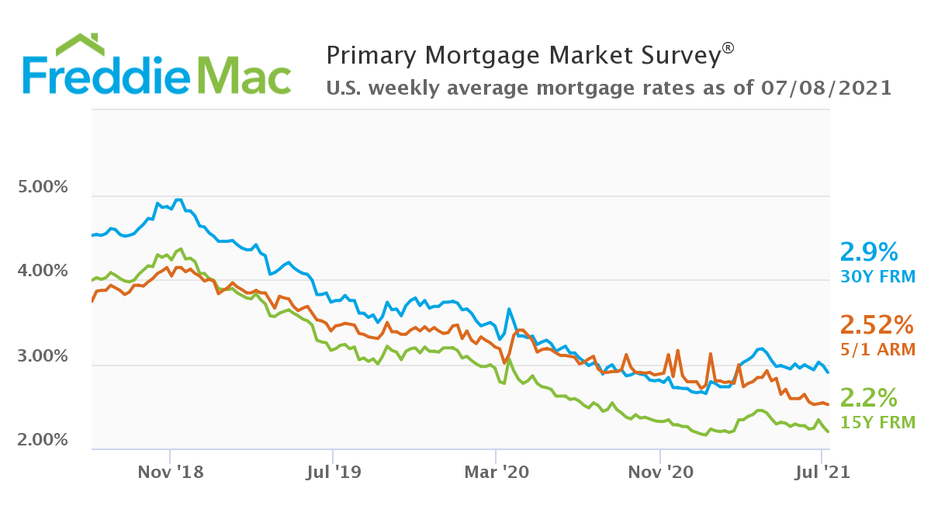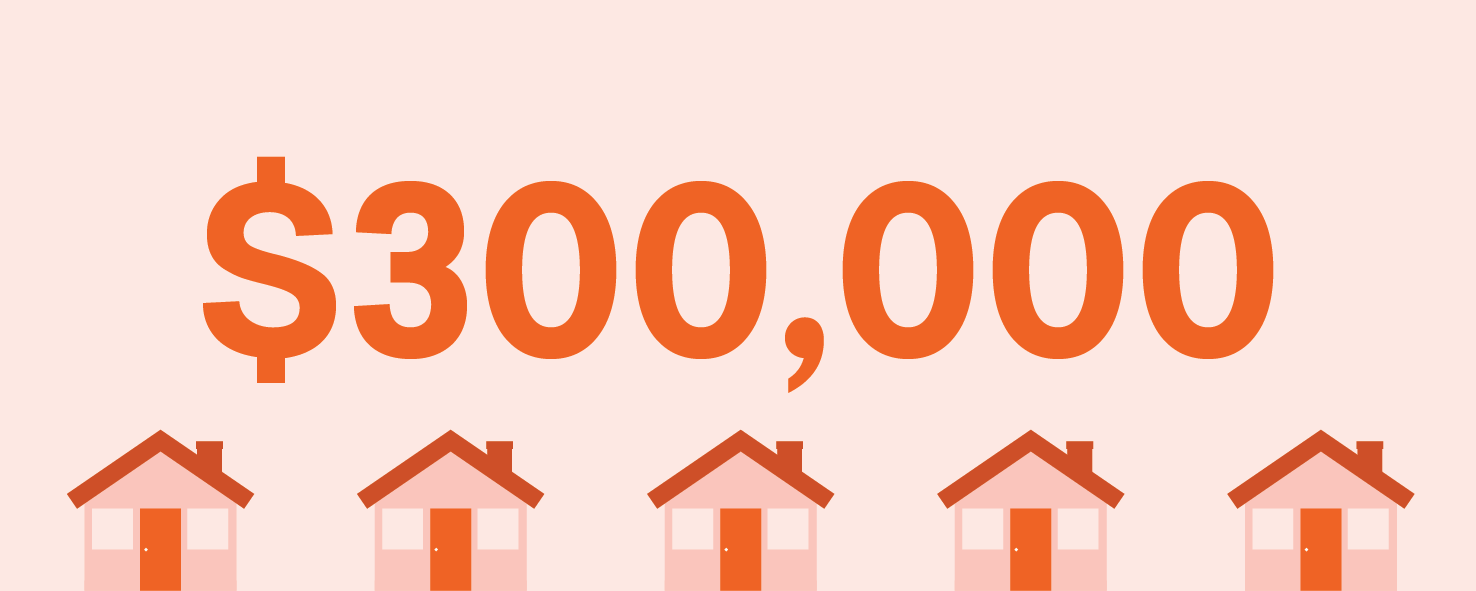One option is to merely sell the house to settle the home loan, and distribute any leftover funds from the sale to the successors as dictated by the will or the laws in your state. If you desire to maintain the home, you'll require to work with the servicer to get the home loan transferred to you.
If there was a reverse mortgage on the residential or commercial property, the loan amount ends up being due after the death of the borrower. If the beneficiary to the house wants to maintain the residential or commercial property, they'll have to repay the loan. Otherwise, they can offer the house or turn the deed over to the reverse home mortgage servicer to please the debt.
The reverse home loan is a popular method utilized by older property owners to benefit from equity in their homes. Open to property owners 62 or older, the reverse home loan can provide them stable https://lifeyourway.net/finding-that-special-gift/ home equity income. In addition, the older a homeowner is, the more equity income a reverse home loan free time shares supplies in return (what is a non recourse state for mortgages).
Reverse home loans are readily available to house owners fulfilling age requirements and who completely own or have significant equity in their homes. The house protects a homeowner's reverse home mortgage. While no payments are made by a property owner with a reverse home mortgage, the mortgage is due upon death. Estate possessions can pay back a reverse mortgage.
Reverse mortgages are paid back in several various ways. In addition to the estate of the departed, heirs to the reverse mortgaged house can likewise repay the loan completely. Reverse home mortgage loan providers often give beneficiaries from 3 to 12 months to pay back the loan. If neither the beneficiaries nor the estate repay the loan, the loan provider generally repossesses the house.
As lienholders, lending institutions can seek foreclosure on the homes protecting their loans when they're not paid back. In cases in which a reverse home mortgage lending institution winds up foreclosing, it will attempt to sell the house to please its loan. Any profits left over after a reverse home mortgage loan provider forecloses and offers a home generally go to the departed customer's successors or estate.
The Ultimate Guide To What Are Brea Loans In Mortgages
By law, reverse home mortgages are non-recourse loans, suggesting lending institutions can't pursue homeowner estates or successors for any home loan shortages staying after sale (find out how many mortgages are on a property). Thankfully, numerous reverse mortgages fall under the Federal Housing Administration's Home Equity Conversion Mortgage program. All FHA-based reverse home mortgages feature unique home mortgage insurance coverage to cover their loan providers should mortgage shortfalls result when beneficiaries sell those homes.

Just like a traditional mortgage, there are expenses associated with getting a reverse home loan, particularly the Home Equity Conversion Mortgage (HECM). These expenses are generally higher than those connected with a traditional home mortgage. Here are a few charges you can expect. The in advance home loan insurance coverage premium (MIP) is paid to the FHA when you close your loan.
If the house sells for less than what is due on the loan, this insurance covers the difference so you won't wind up undersea on your loan and the loan provider doesn't lose money on their investment. It also secures you from losing your loan if your lending institution fails or can no longer satisfy its commitments for whatever reason.
The expense of the upfront MIP is 2% of the appraised worth of the home or $726,535 (the FHA's lending limitation), whichever is less. For instance, if you own a house that deserves $250,000, your upfront MIP will cost around $5,000. Along with an in advance MIP, there is likewise an annual MIP that accumulates annually and is paid when the loan comes due.
5% of the loan balance. The mortgage origination cost is the amount of money how to get out of time share a loan provider charges to come from and process your loan. This cost is 2% of the very first $200,000 of the home's value plus 1% of the staying value after that. The FHA has actually set a minimum and optimum cost of the origination charge, so no matter what your home is valued, you will not pay less than $2,500 or more than $6,000.
The maintenance fee is a regular monthly charge by the lender to service and administer the loan and can cost up to $35 each month. Appraisals are needed by HUD and figure out the marketplace value of your house. While the real expense of your appraisal will depend upon factors like area and size of the house, they normally cost between $300 and $500.
Getting My Where To Get Copies Of Mortgages East Baton Rouge To Work
These costs might consist of: Credit report charges: $30 $50 File preparation charges: $50 $100 Courier charges: $50 Escrow, or closing charge: $150 $800 Title insurance coverage: Depends on your loan and place There are numerous aspects that affect the interest rate for a reverse mortgage, consisting of the loan provider you deal with, the kind of loan you get and whether you get a fixed- or adjustable rate home mortgage (how do reverse mortgages work in utah).
A reverse mortgage is a means for qualified house owners to tap into the equity in their houses to satisfy retirement expenditures. To certify, you should be age sixty-two (62) or over, inhabit the property as your main house, and own the home outright or have enough equity in the house.

The loan accumulates interest and other costs that are not due until a trigger occasion takes place. However, the borrower is still accountable for real estate tax, property owner insurance, house owner association fees (if any), and upkeep. There are 3 choices for loan earnings to be distributed to the debtor: a lump sum, a month-to-month payment amount, or a home equity credit line.
The borrower no longer uses the home as a principal home for more than 12 successive months. (A debtor can be far from the house, e. g., in an assisted living home, for as much as 12 months due to physical or mental health problem. If the relocation is long-term the loan ends up being due).
If a surviving partner is not also a customer, likely because she/he is under age 62, a federal case, cited in Oregon cases, holds that the lender can not foreclose against an enduring spouse non-borrower at the death of the spouse/borrower. Nevertheless, the loan is still due as talked about above. If a home with a reverse home mortgage becomes subject to probate, the mortgage is still an encumbrance on the residential or commercial property.